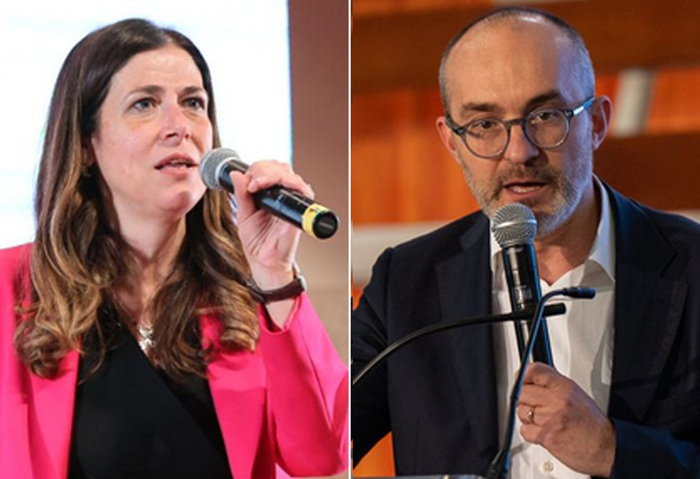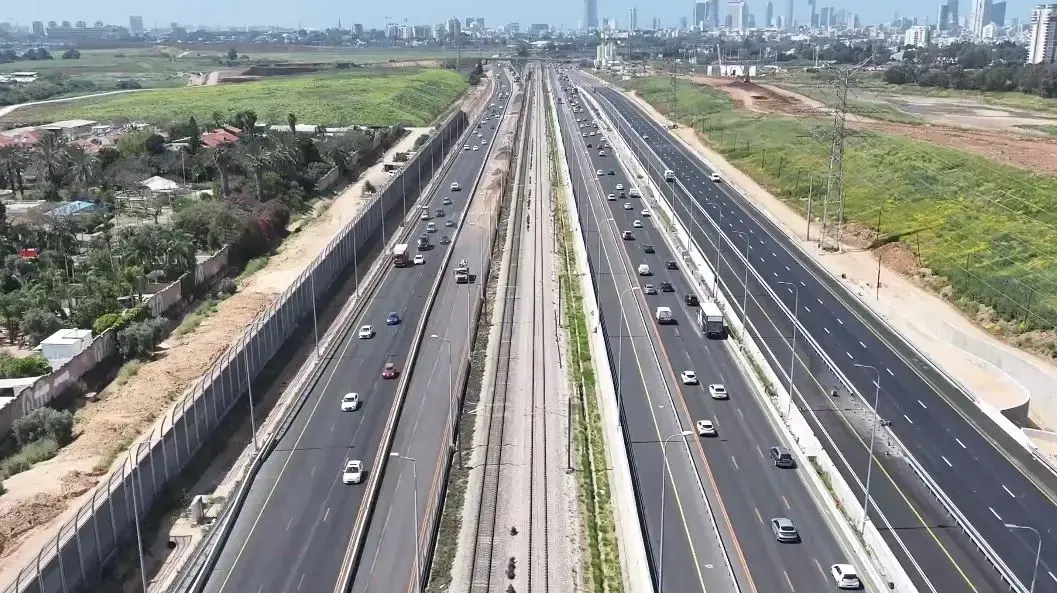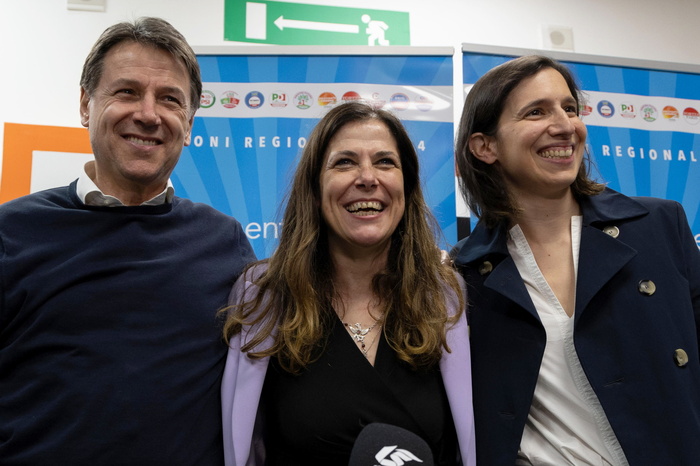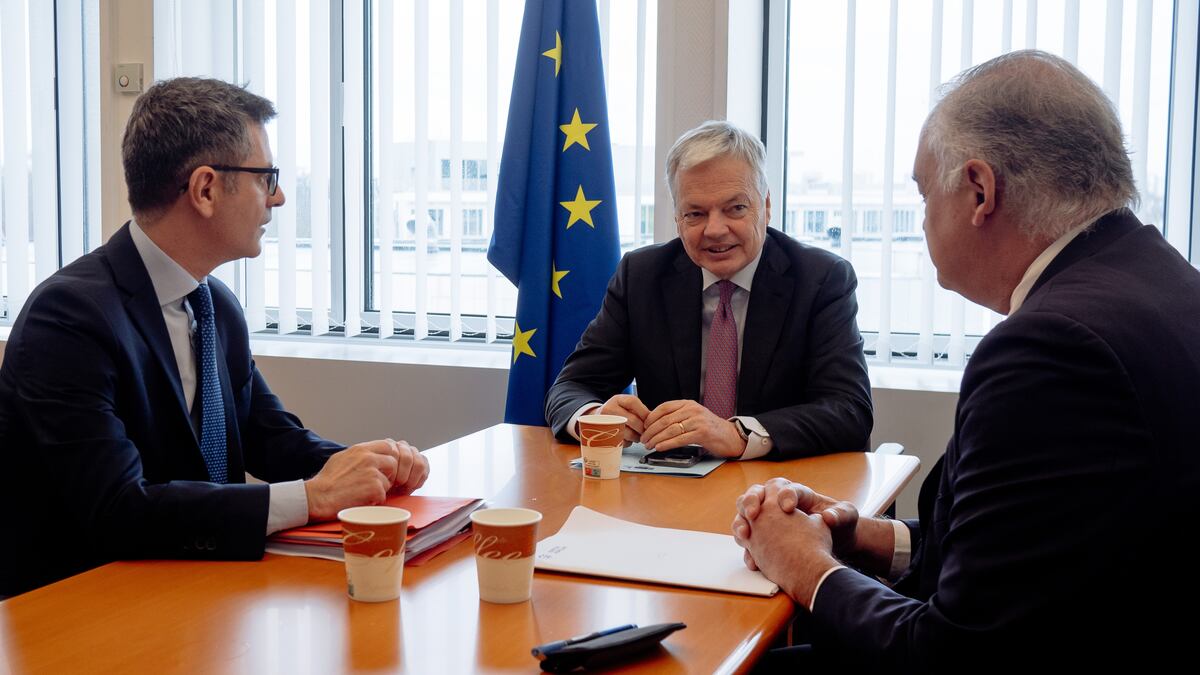- Click to share on Facebook (Opens in a new window)
- Click to share on Twitter (Opens in a new window)
- Click here to share on LinkedIn (Opens in a new window)
- Click to email a friend (Opens in a new window)
(CNN) - Spain seems to be on its way to its fourth election in four years after the acting president of the government, Pedro Sánchez, failed to get enough support in Parliament to form a government, despite months of negotiations.
On Tuesday, Sanchez announced that Spain would go to the polls on November 10, less than seven months after the April general elections, which were not final.
"There is no majority in Congress that guarantees the formation of a government," said Sanchez, of the Socialist Party, PSOE, who won the elections earlier this year, but did not reach the parliamentary majority of 350 seats.
Blaming the opposition parties for the political stalemate, Sanchez added: "I have done my best, but they have made it impossible for me."
The traditional bipartisan system of Spain has fragmented in recent years, with the PSOE and the Popular Party (PP), from the right, under pressure after the financial crisis of 2008 and a series of corruption scandals.
The emergence of the left-wing United Podemos (UP) and the center-right party Ciudadanos, and the growth of the extreme right-wing party Vox, have shaken the established political order. Several groups representing the autonomous regions of Spain, such as Catalonia and the Basque Country, have also increased in importance.
After two days of consultations with partisan leaders, King Felipe announced on Tuesday that he would not present a candidate to run for president as there was no "necessary support" in the Chamber of Deputies for a new government.
Unless there is an agreement of last resort, it is likely that Parliament will dissolve next week.
Broken conversations
Spain is the only country in Western Europe that has never been ruled by a coalition, although in recent years, several minority governments have been backed by parliamentary alliances.
But with a series of polarization problems at play this time, forming a government has been difficult.
The talks between the PSOE and Citizens broke down and both sides blame each other for the stalemate.
According to the Spanish newspaper El País, the leader of the PP, Pablo Casado, insisted that his party had been "consistent, responsible and open to dialogue."
Sanchez was forced to call early general elections in April after Parliament rejected the budget of its minority government for 2019.
The current political crisis is the worst the country has faced since the restoration of democracy in the late 1970s. It is related to the issue of Catalan independence, which broke out in 2017 when separatist leaders unleashed a confrontation with the government after trying to move forward with the separation of the region.
Experts say that the issue of Catalan independence has caused a resurgence of Spanish nationalism and has been key to the growth of the far-right Vox party.
While the Socialist Party has won votes in urban areas thanks to progressive reforms on the rights of women and the LGBT community, the pace of change has also caused a violent reaction in other places.
CNN's Jack Guy contributed to this report.
Pedro Sanchez






/cloudfront-eu-central-1.images.arcpublishing.com/prisa/FCZ46EPR6RDHOPZA7BKAA6UCTU.jpg)


